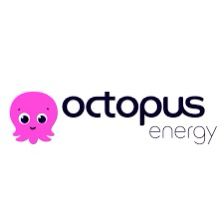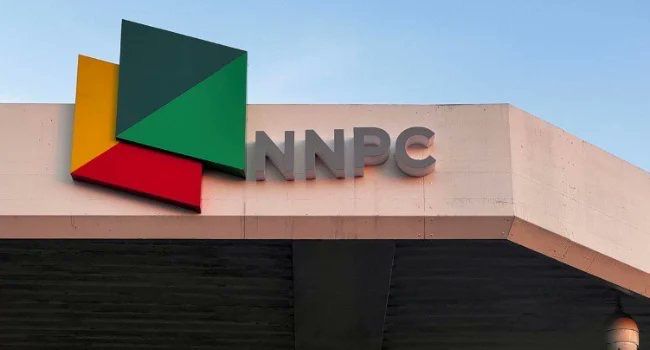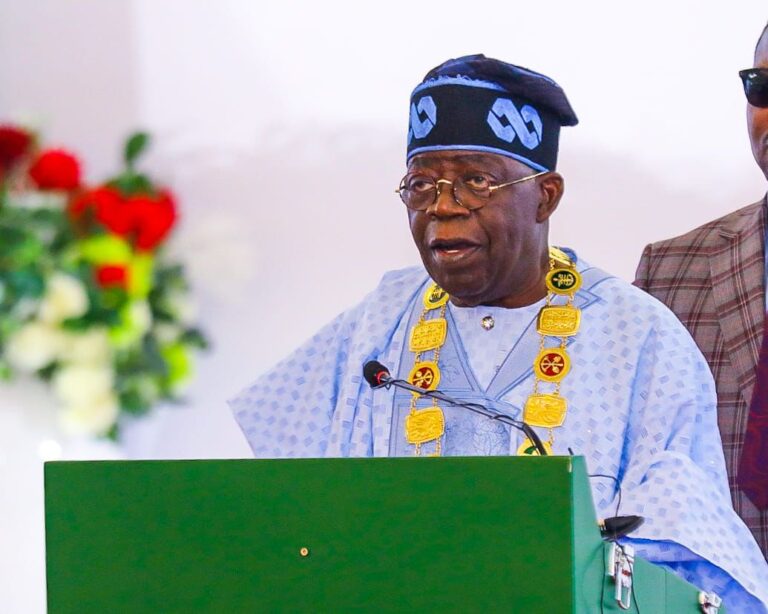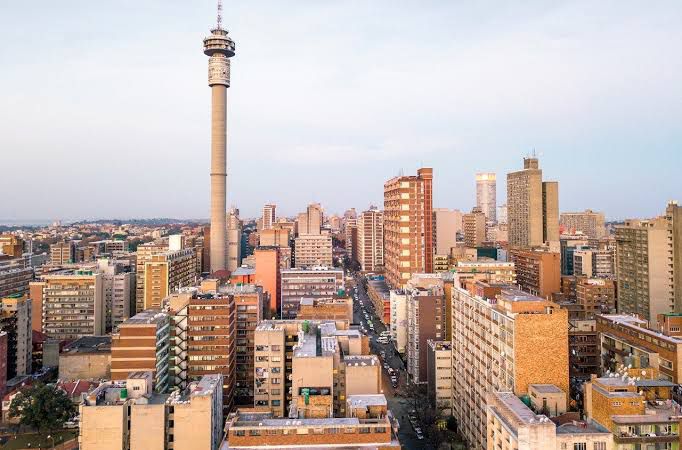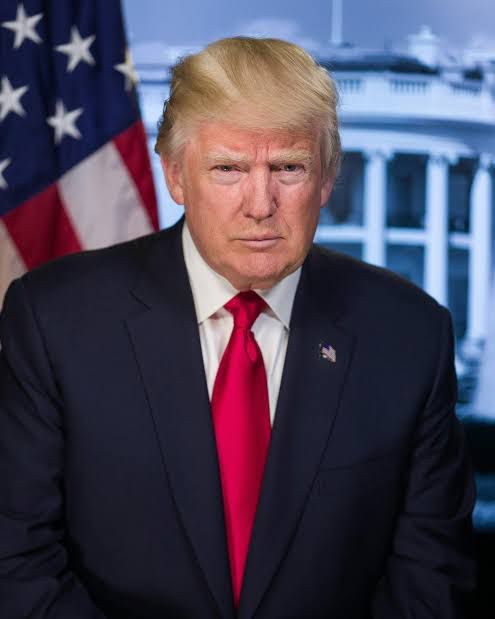Octopus Energy group a global clean energy tech business–operating over £7 billion portfolio of projects launched its first African energy fund to turbo-charge green energy investments across sub-Saharan Africa.
At the ongoing Africa Energy Forum – 2025, held in Cape Town, South Africa under the theme ‘Africa United’, energy stakeholders, experts and various speakers are gathered to deliberate and voice out concerns about the continents energy deficit, crisis and solutions.
At the forum octopus energy group unveiled Octopus Energy Power Africa Fund (OEPA). The energy group said OEPA is designed to unlock funding to catalyze the continent’s huge clean energy potential. “bringing together forward-thinking investors to power communities and businesses with affordable, homegrown, green energy.”
OEPA plans to invest in game-changing clean energy solutions – from rooftop solar and battery storage to electric vehicle charging infrastructure and grid upgrades across sub-Saharan region. OEPA was launched with an initial funding of $60 million; although, the energy giants plans to “mobilize $250 million over the next three years,” calling on “forward-thinking investors” to join the journey.
Africa’s energy market is one of the fastest-growing globally, driven by an unmatched abundance of sunshine and wind. The continent is home to around 40% of the world’s renewable resources, yet receives just 2% of global clean energy investment.
Ashleigh Gray, Director of the Octopus Energy Power Africa Fund, says OEPA will provide smart affordable energy solutions to help curb the increasing demand for electricity power across the region. “With the Octopus Energy Power Africa Fund, we’re offering a new gateway into a region where demand is soaring.”

However, to show sustainable commitment–octopus energy group had invested in a Solar-powered battery rental startup MOPO to provide affordable rental power-banks to users across Africa.
Pocket mini-grids
MOPO runs a savvy, proven and scalable, pay-per-use system that lets customers rent portable, solar-charged batteries from local hubs. The company’s proprietary solar-powered batteries offer a sustainable, more affordable alternative to costly, polluting petrol generators.
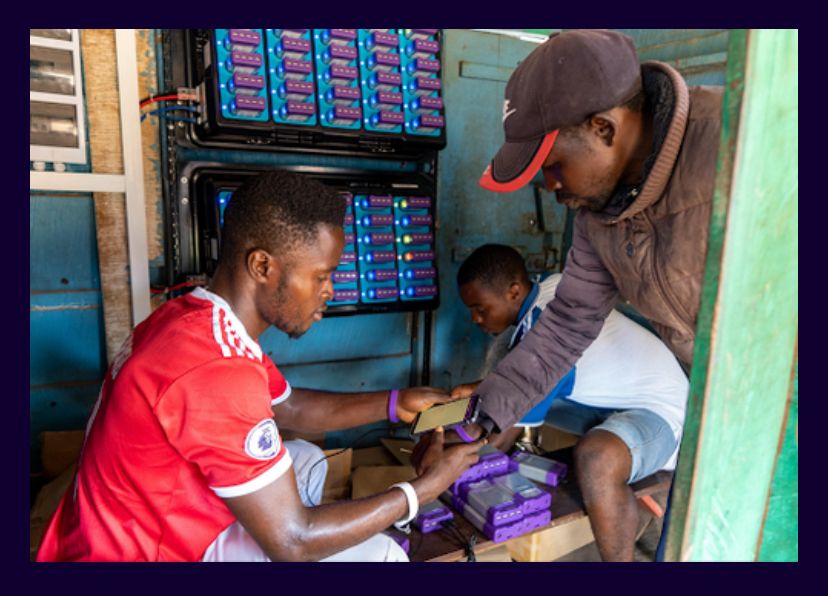
The MOPO solar-charged enterprise offers two models: a small 50Wh device that allows low-income customers to use power for tasks such as lighting and phone charging; and the 1kWh MOPOMax, which can be used to power various household and office appliances such as televisions, fans, printers, electric cookers– this model aims to end gasoline generators.
In Ekiti state, southwest Nigeria, people depends heavily on the MOPO power-bank to run their businesses and keep their phones and rechargeable powered–this is because the state suffers from acute power shortages arising from traditional grid’s failure.

Costumers are seen going to the local MOPO solar hubs to rent the solar-charged power-bank that would last 24hrs to run their business and power their rechargeable. However, the device must be returned to the local hub the next day or it would automatically stop working– due to a unique anti-theft system installed on it.
MOPO believes leasing already charged batteries would be a smart solution to tackle power shortages in rural communities.
However, Octopus Energy Group said it’s investment in MOPO marks the next step in its mission to expand renewable energy access globally, helping to deliver green energy to the 600 million people in Sub-Saharan Africa currently without reliable access to power.
NWALI CHIDOZIE MICHAEL




